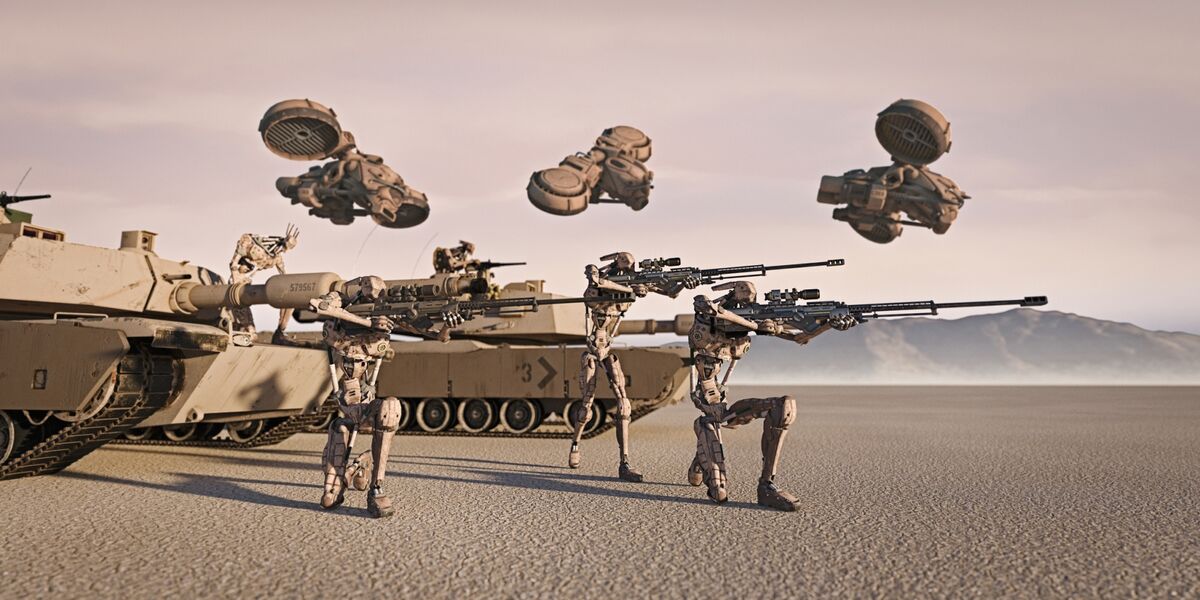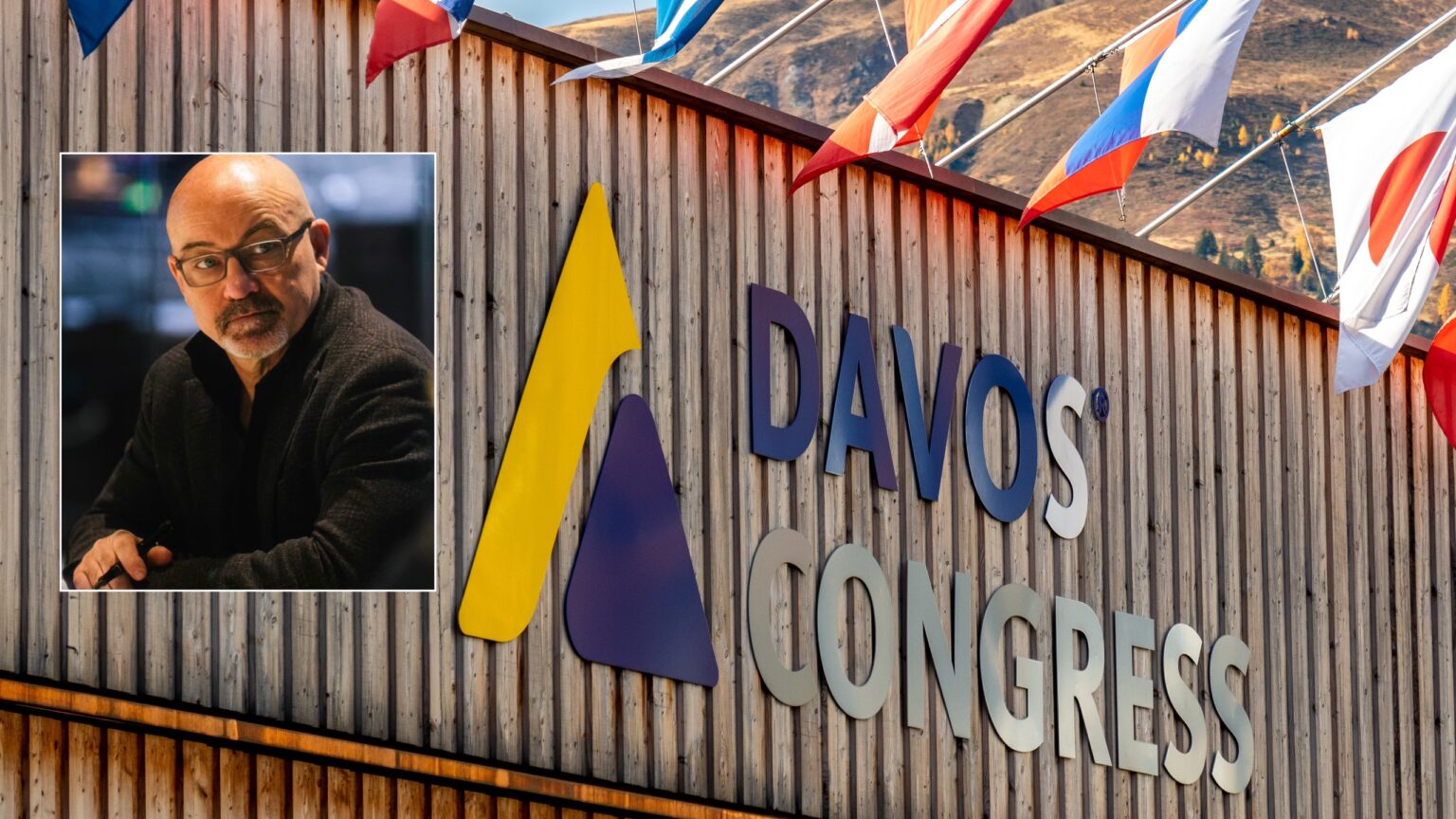Leonardo CEO Roberto Cingolani at Davos expressed concerns over human misuse of AI, emphasizing the need for better control over technology.
Roberto Cingolani, the CEO of the Italian defense company Leonardo, recently made headlines for remarks he made regarding artificial intelligence (AI), highlighting the fact that human error is a bigger risk than the technology itself.
Also read: AI Chatbots Give False Voting Info 50% of Time
His comments during an interview at the World Economic Forum in Davos, Switzerland, sparked a lengthy debate about the role and regulation of artificial intelligence in contemporary society.
'Stupidity' poses a bigger threat than AI, CEO of Italian defense giant Leonardo says. “To be honest, what concerns me more is the lack of control from humans, who are still making wars after 2,000 years,” https://t.co/9IyvPIqs9a
— JEFF HAMMER (@jeffhammerberg) March 1, 2024
User stupidity
Speaking in January at the World Economic Forum in Davos, Switzerland, Guterres warned that the rapidly advancing field of artificial intelligence may have “serious unintended consequences.”
The CEO of Leonardo, Roberto Cingolani, told CNBC’s Squawk Box Europe that, to be honest, what concerns him more is the lack of control from humans, who are still making wars after 2,000 years. He added that with this in mind, artificial intelligence is a tool, an algorithm made by humans; computers made by humans run that; and that controls machines made by humans. He stated that he is more afraid and worried [about] national stupidity than artificial intelligence.

Also, he said that he has a scientific background, so he considers technology neutral. The problem is the user, not the technology itself.
AI in warfare
During the conversation, Cingolani brought up the irony that, after thousands of years of civilization, humans still can’t seem to put an end to warfare. He suggested that the true threat to AI technology is not its potential for misuse by humans but rather human misuse of it.
He emphasized that technology is neutral and that it is crucial to put the needs of the users, rather than the tools, first.
This viewpoint highlights the ongoing discussion about the moral application of AI, particularly in delicate fields like defense, where Leonardo is a significant figure. A significant change in the way defense and security are approached technologically is indicated by the company’s attempt to digitalize its platforms through the integration of AI-powered autonomous systems and services.

Applying artificial intelligence
AI advocates say the technology can be used to advance and benefit humanity in several ways, such as fast-tracking patient diagnoses, helping to model climate change, and fighting cyberattacks.
According to a report released by the International Monetary Fund, nearly 40% of jobs worldwide could be affected by the rise of AI.
Furthermore, the Washington, D.C.-based institution warned that the potential impact of technology on the global labor market will generally make inequality worse.
IMF warns AI to hit almost 40% of jobs worldwide and worsen overall inequality#AIWillAffectEconony #IMFWarninghttps://t.co/ybsPCyw0Ri pic.twitter.com/3EGCE2awOv
— Julio C. Caceres (@JulioCaceres11) January 15, 2024
According to Cingolani, defense firms like Leonardo need to put in a “big effort” to implement a “massive digitalization” of their platforms, which includes offering AI-powered autonomous systems and services.
He added that it is a complete change of paradigm and a different technological approach to defense and security. He stated that it is a big technology challenge.
The opinions of prominent figures in the field, such as Cingolani, offer insightful viewpoints on the difficulties and possibilities that lie ahead as the conversation about AI and its implications continues to develop. The goal is still to protect against the dangers of misuse and the unchecked development of AI while maximizing its potential to benefit humanity.









 and then
and then